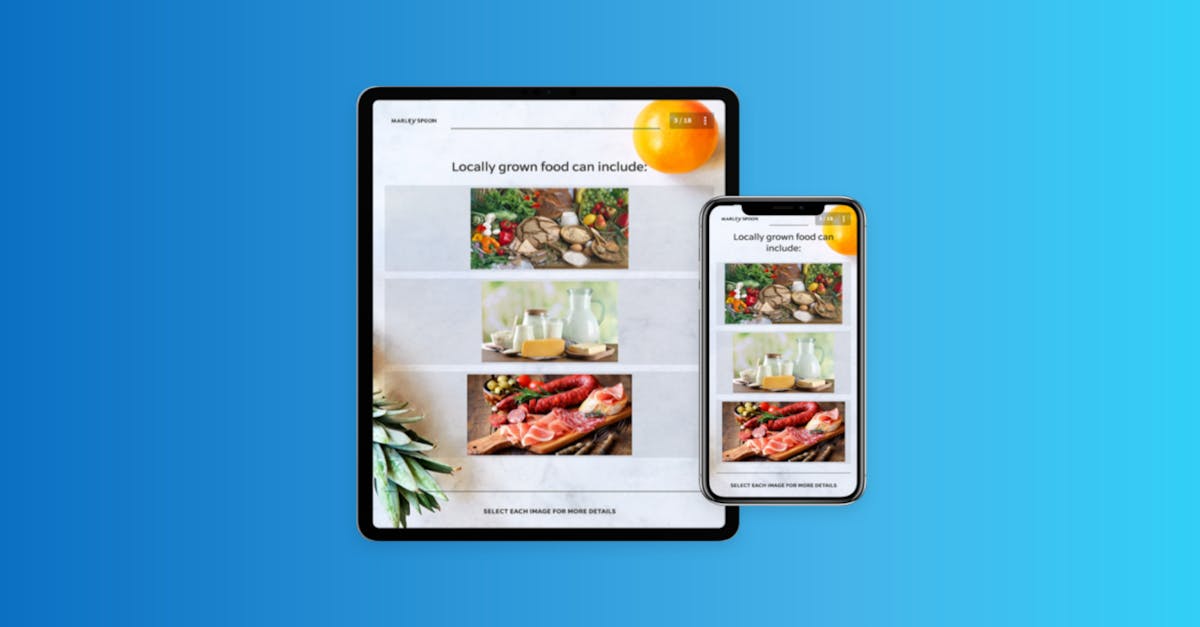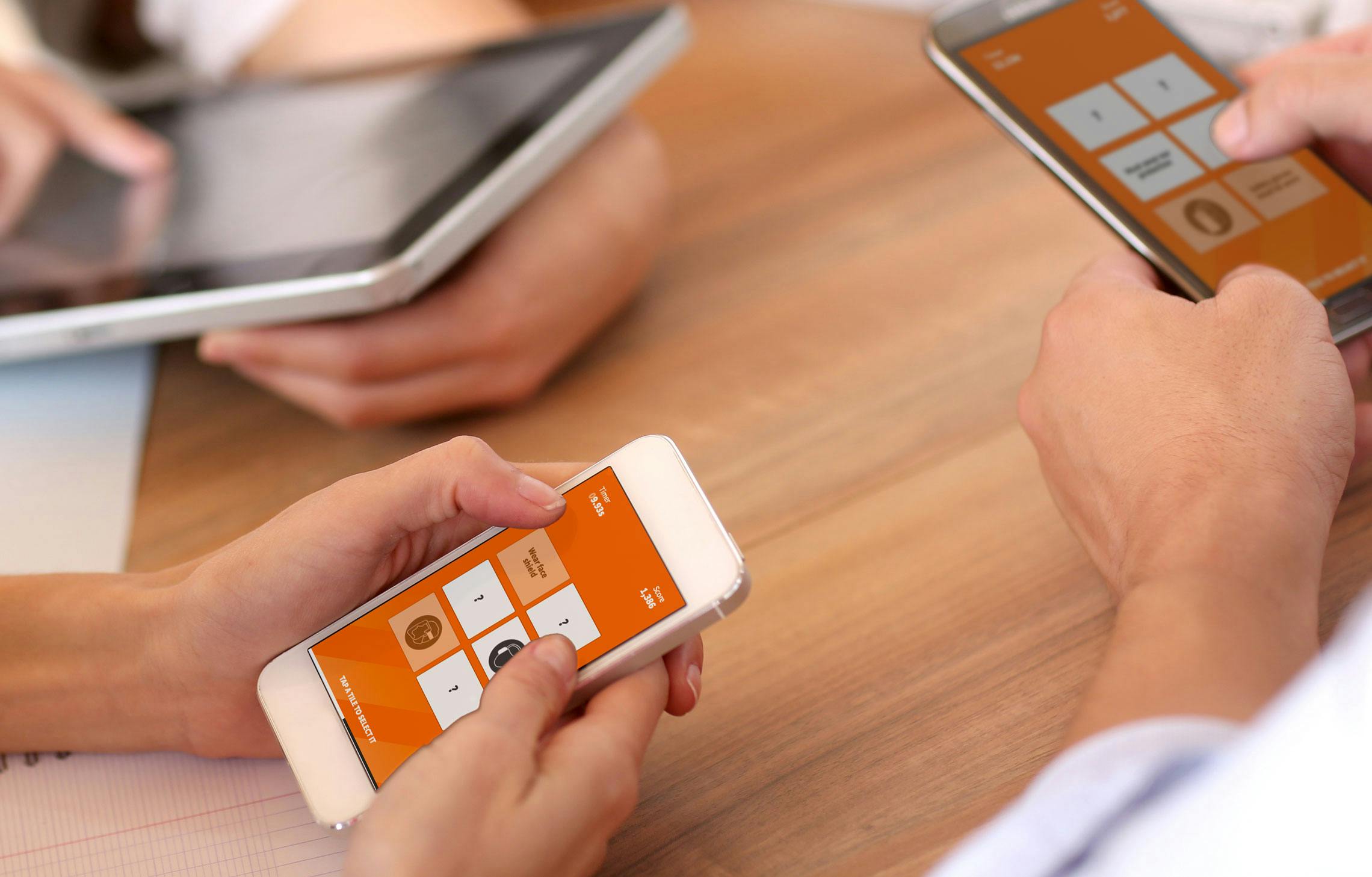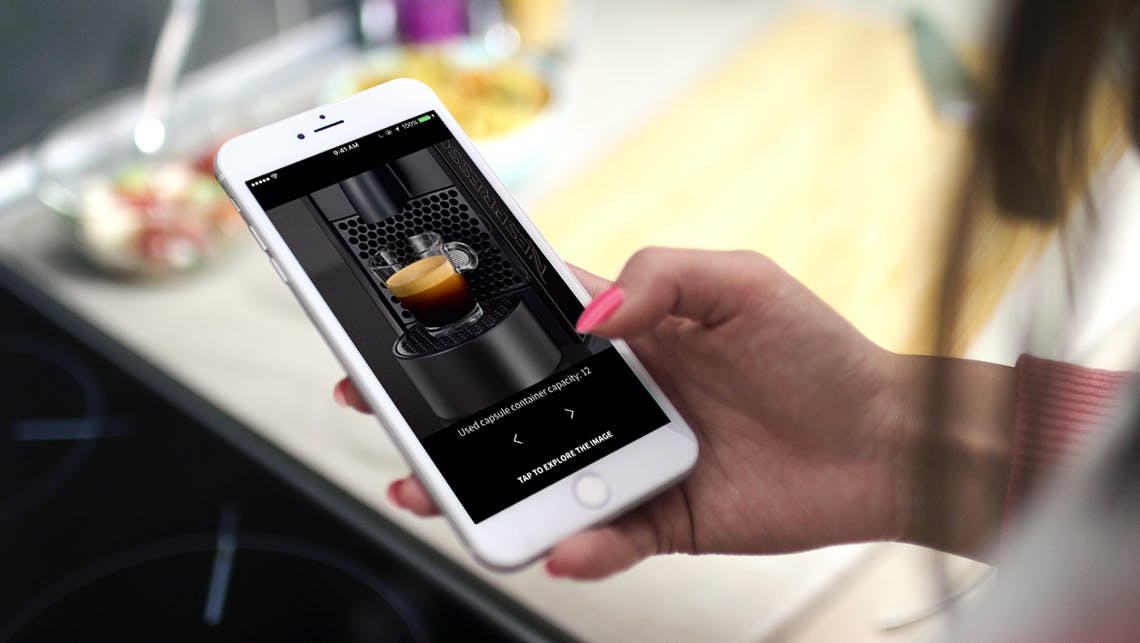Top 10 reasons why Ed is great for Retail

Training employees in the retail industry presents many unique challenges. The predominantly millennial makeup of the workforce, its rapid staff turnaround, and the continual stream of new product releases call for a modern solution to training.
As we are increasingly seeing Ed being deployed as this very solution, we thought we would take a look at some of the reasons why Ed is so well suited to retail.
1. Retail is dominated by Millennials
The retail industry has one of the youngest workforces, with almost three-quarters of employees aged under 45 years, and more than a third aged 24 years or younger. With such a large segment of the retail industry comprised of Millennials, it is no surprise a mobile solution like Ed is well received by retail staff. With the average young adult spending 4.5 hours a day interacting with their smartphones, our mobile-centric intuitive design feels natural to this audience.

2. Keeps product knowledge top of mind
Cognitive studies highly support microlearning in entrenching knowledge for recall, increasing knowledge retention from three months to two years. This is an important aspect for retail staff who depend on the rapid recall of product knowledge when on the sales floor. Furthermore, in lieu of weeklong training workshops, microlearning not only takes up a few minutes each day but also occurs regularly. Therefore, learners can implement the knowledge gained almost immediately into their workday, establishing a culture of continual learning and improvement.

3. Content is highly accessible
Thanks to the constant on-your-feet nature of retail, staff are rarely at a desktop computer. Therefore a learning solution delivered on a smartphone is more practical and accessible for retail employees than desktop learning. Ed’s microlearning format also facilitates a learner’s need to be agile, completing small chunks of learning during slow periods, or while on their lunch break.
Additionally, the rise of Bring Your Own Device (BYOD) also provides easy access to training as retail employees can complete learning on their own devices. Studies show almost 60 percent of the retail industry actually favor BYOD compared to 45 percent of companies in other industries.
4. Well suited to frequent product releases
Sound knowledge of a product is almost 90 percent more likely to complete a sale, placing large importance on product training amongst retail staff. However, due to the stream of new products that characterize the retail industry, detailed face-to-face training is expensive and impractical. Ed’s rapid authoring makes it easy for new product education to be delivered directly to your learners’ devices in record time.
As custom content can be produced in a matter of hours as opposed to weeks, new product training is easily made available to keep pace with release cycles. Importantly, changes made to existing lessons are also instantly reflected on learners’ devices, providing the means to efficiently deliver relevant and up-to-date information to core sales staff.
5. Facilitates teamwork
In a previous post we discussed the various ways you can motivate groups across multiple locations. As retail staff are often geographically dispersed, our clients appreciate the aspects of Ed that unify their learners, such as with the use of group rewards, prizes, and sharing.
For example, we have seen Ed being used to fuel competition between stores to great effect. With stars being awarded to learners for successful group engagement, and those stars giving participants the opportunity to win prizes, employees enthusiastically encourage each other as a team to ensure that everyone completes their lessons.

6. Progress is easily tracked
Our elegant but powerful analytics tool makes it easy for managers to see how their employees are progressing. Delivering comprehensive data beyond top-level completion rates, managers can easily identify whether certain products need more education or if there are core competency gaps. With Ed, analytics managers can also view data by department, store, location, or individual, making it easy to identify strengths and weaknesses.
7. Ease of integration with existing platforms
As Ed integrates seamlessly with existing platforms and LMS’, our retail clients have especially enjoyed the fluid transition of integrating Ed to deliver a great user experience without replacing their existing legacy learning systems. While learners now experience a progressive, modern, mobile-first experience, all data and analytics are sent back to their current LMS.
8. Combats high employee turnover rates
In addition to seasonal fluctuations, the retail sector experiences a high level of employee turnover. Therefore, the onboarding of a new retail employee must be quick and effective without extensive costs to the business. A speedy induction for new staff is also especially important when they are required to start immediately, rather than waiting for the next training session to take place. Ed allows training to be carried out remotely by pushing existing onboarding courses directly to a new employee’s smartphone. New employees are therefore not required to travel to group training sessions or wait to begin employment, but may instead complete lessons in a time and place of their choosing.

9. Great for distributed staff
Within the retail sector, staff are often more widely distributed than in most organizations, making it difficult to ensure each individual gets a good quality learning experience. A benefit to Ed’s mobile learning is that it presents a consistent approach to all learners regardless of geographical location. With Ed, you can guarantee consistent, high-quality training to all learners despite their location.
10. Less time at the desk, more time on the floor
As microlearning can be completed in various micro-moments found within a typical day, retail employees can complete learning in between busy periods or immediately before/after their work, very compatible with the varying schedules and demands of retail employees.
The platform also presents information that can be absorbed quickly and efficiently, ensuring time spent is with quality, engaging content. Coupled with the use of bonus stars to reward learners for completing lessons before a set deadline, it is easy to motivate course completion rates even amongst the time-poor.
Four of Ed’ Templates great for Retail clients:
Waypoints
Simultaneously convey product details and overall functionality
Sentence Construction
Instill sales scripts and designed keywords
Swipe it Right
Enforce product knowledge in a fun game
Memory Game
Form relationships between products and their features

Curated course examples
Author
Guest Author Daniel Brown
Daniel Brown is a senior technical editor and writer that has worked in the education and technology sectors for two decades. Their background experience includes curriculum development and course book creation.
